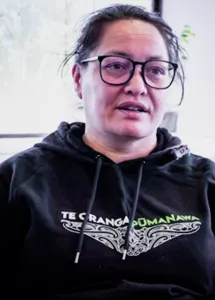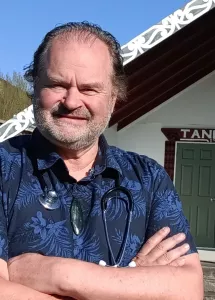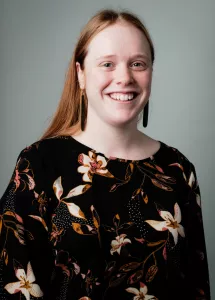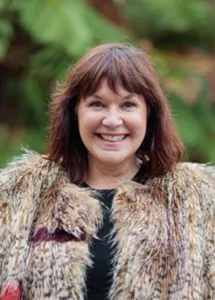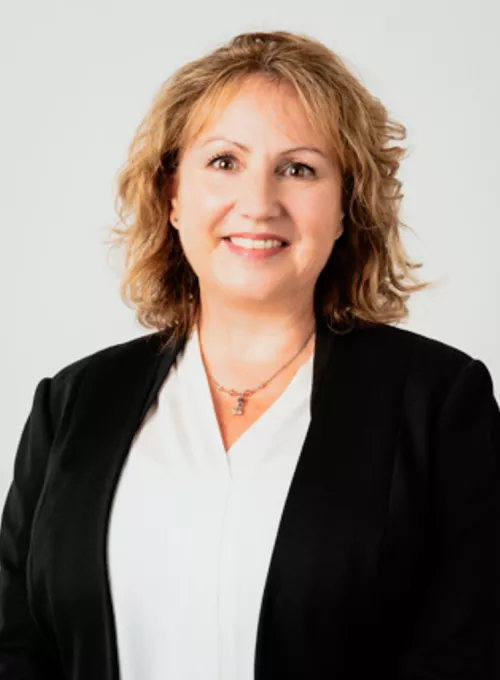
Dr.Vanessa Caldwell is a leader in health, addiction treatment, and mental well-being through her robust intellect, commitment to social justice, and passion for reducing inequities in Aotearoa. Her journey, from achieving academic excellence to holding pivotal roles across health and addiction sectors, reflects her dedication to fostering transformative change and specifically to improve experiences for Māori whānau seeking help.
Vanessa enjoys learning and continuing her education both formally and informally. Her qualifications include:
- 2024: Iti Kopara Crown Entities Governance Training, Public Governance Aotearoa
- 2016: Doctor of Health Science, Auckland University of Technology A doctoral study focused on the role of whānau in compulsory addiction treatment. Caldwell, V. (2016). Living With It: A Grounded Action on Family Involvement in Compulsory Treatment for Severe Addiction. [Doctoral thesis] Auckland University of Technology. Thesis Link
- 2007: Master of Business Administration (MBA), Victoria University of Wellington
- Winner of the ISCR Best Research Paper Prize (2007)
- Griffiths Medal Winner, UK Operational Research Society, Best Health Systems Research Paper (2019 & 2020)
Vanessa currently serves at the Deputy Health & Disability Commissioner (2021–present), responsible for mental health, addiction, and prison services. Vanessa is responsible for the operations of the Commission and advocates for Te Ao Māori approaches including hui-a-whānau to appropriately resolve issues and address inequities directly.
Vanessa was previously the Clinical Executive, of Mental Health & Addictions, Mid Central DHB (2019–2021), which involved restructuring the delivery model of mental health services and led the design of a contemporary inpatient unit. She was the National Manager of Matua Raki, Addictions Workforce Development Centre (2010–2018), where she developed workforce strategies and innovative solutions for addiction services. As part of this mahi, she established the first addiction Māori leadership rōpū and co-authored guidelines for addiction treatment and withdrawal management. She practised as a registered psychologist and has been an NZQA monitor for several qualifications in the health and social service sectors.
From 2010-2012, Vanessa led the national Methamphetamine Action Plan, where she co-developed national strategies for addressing methamphetamine-related harm.
Vanessa is committed to supporting leadership through governance roles and her current appointments are:
- Chair, Ethics Komiti, Awa Toa Iwi Hauora Partnership Board Wellington, (2021–present)
- Co-chair (chair FAR), Board of Toitū te Waiora Workforce Development Council (2022–present)
Vanessa’s outstanding career includes key contributions:
- The development of Living Sober, an online recovery community with 10,000+ members and millions of visits.
- Actively participated in the United Nations Commission on Narcotic Drugs as an NGO delegate (2013–2017).
- Authored resources on substance withdrawal and addiction treatment that are widely used in the health sector. Vanessa led development of resources designed for consumers and whānau that accompany these clinical guidelines.
Dr. Caldwell’s leadership is driven by her values of equity and social justice, ensuring Māori voices and experiences are central to health and addiction treatment strategies. Her work across governance, research, and community health has positively impacted countless lives, creating lasting change for whānau in Aotearoa.
Vanessa’s research and publications continue to influence national and international health systems, particularly in addiction and mental health. Her ability to navigate complex systems, inspire teams, and uphold te ao Māori perspectives makes her a beacon of hope for transformative health leadership in Aotearoa.
Some comments from her staff accurately encapsulate Vanessa:
“Vanessa does so much. She is a very supportive manager and wonderful recovery advocate plus she goes that extra mile to support people personally as well as professionally.”
“Vanessa provides a model of excellent leadership in all she does while keeping grounded with a strong sense of social justice. Her vision for the addiction sector is grounded in an awareness of the needs of people with addiction issues and their whānau. With a strong and broad academic base, she remains realistic about what we can and need to do to meet the needs of whānau Māori and non-Māori.”
Vanessa did not grow up knowing her Māori heritage and like many others is on the journey to learning whakapapa and all the roles and responsibilities inherent within. As part of this journey, she has learned mirimiri and rongoā and embraces traditional wellbeing approaches. As a kaiwhatu (weaver) for her own whānau she loves to weave korowai and kākahu (cloaks and clothing) in her spare time having learned raranga (weaving) from Veranoa Hetet. She continues to lead with a strong focus on Māori development, cultural competency, and reducing health disparities, leaving a lasting impact on the communities she serves.
Links :
Deputy Commissioner Operations | Te Toihau Hauora, Hauātanga Tuarua, Whakahaere
Violation of professional boundaries results in referral to Director of Proceedings 23HDC00633
Human error' left man without care for months 16 September 2024
Woman 'traumatised' after Dunedin Hospital errors Monday, 19 August 2024
Keri Opai, Paeārahi, Te Pou o te Whakaaro Nui, Te Atiawa, Ngāti Ruanui, Waiohua, Ngāti Te Ata and Ngāti Porou
Updated 06 December 2024
